Species originate discontinuously without intermediate forms according to
Lamarck
de Vries
Darwin
Haeckel
The correct Answer is:B
To answer the question "Species originate discontinuously without intermediate forms according to," we will analyze the theories proposed by various scientists and determine which one aligns with the statement.
1. Understanding the Question: The question is asking about the origin of species in a way that they appear suddenly and do not have intermediate forms. This suggests a theory that supports abrupt changes rather than gradual evolution.
2. Identifying the Theories:
- Lamarck's Theory: Lamarck proposed that species evolve gradually through the inheritance of acquired characteristics. This theory does not support the idea of discontinuous origin as it emphasizes gradual changes over time.
- Darwin's Theory: Darwin is known for his theory of natural selection, which explains how species adapt to their environment over time through gradual changes. Like Lamarck, this does not align with the concept of discontinuous origin.
- De Vries' Mutation Theory: Hugo de Vries introduced the concept of mutations as a source of variation in species. His theory suggests that species can originate through sudden mutations, leading to significant changes without intermediate forms. This aligns perfectly with the question's premise.
- Haeckel's Biogenetic Law: Ernst Haeckel's law relates to the development of organisms and evolutionary biology but does not specifically address the discontinuous origin of species.
3. Conclusion: Based on the analysis, the theory that best fits the statement "Species originate discontinuously without intermediate forms" is De Vries' Mutation Theory.
Final Answer:
Species originate discontinuously without intermediate forms according to De Vries' Mutation Theory.
---
- Lamarck's Theory: Lamarck proposed that species evolve gradually through the inheritance of acquired characteristics. This theory does not support the idea of discontinuous origin as it emphasizes gradual changes over time.
- Darwin's Theory: Darwin is known for his theory of natural selection, which explains how species adapt to their environment over time through gradual changes. Like Lamarck, this does not align with the concept of discontinuous origin.
- De Vries' Mutation Theory: Hugo de Vries introduced the concept of mutations as a source of variation in species. His theory suggests that species can originate through sudden mutations, leading to significant changes without intermediate forms. This aligns perfectly with the question's premise.
- Haeckel's Biogenetic Law: Ernst Haeckel's law relates to the development of organisms and evolutionary biology but does not specifically address the discontinuous origin of species.
Species originate discontinuously without intermediate forms according to De Vries' Mutation Theory.
Topper's Solved these Questions
- EVOLUTIONBOOK - AAKASH SERIESCHAPTER - EVOLUTIONEXERCISE - EXERCISE - I (HARDY WEINBERG)
3 Videos
- EVOLUTIONBOOK - AAKASH SERIESCHAPTER - EVOLUTIONEXERCISE - EXERCISE - I (EVOLUTIONARY FORCES)
6 Videos
- EVOLUTIONBOOK - AAKASH SERIESCHAPTER - EVOLUTIONEXERCISE - EXERCISE - I (ADAPTIVE RADIATION )
18 Videos
- DIGESTION AND ABSORPTIONBOOK - AAKASH SERIESCHAPTER - DIGESTION AND ABSORPTIONEXERCISE - Exercise - III (Previous AIPMT/NEET Questions)
24 Videos
- EXCRETORY PRODUCTS AND THEIR ELIMINATIONBOOK - AAKASH SERIESCHAPTER - EXCRETORY PRODUCTS AND THEIR ELIMINATIONEXERCISE - EXERCISE - III (PREVIOUS AIPMT/NEET QUESTIONS)
20 Videos
Similar Questions
Knowledge Check
styrene undergoes following reactions in acidic medium,
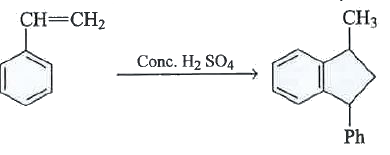
The various intermediate formed are :A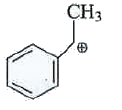 B
B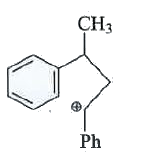 C
C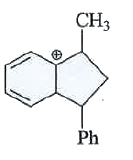 D
D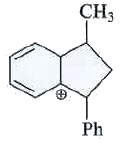
Which of the species shown below is the most stable form of the intermediate in the electrophilic addition ofCl2 in water to cyclohexene to form a halohydrin ?
A B
B C
C D
D
Intermediate formed during E2 reaction is -
View SolutionIn the avove reaction the intermediate species are :

View Solution_CHE_E06_275.png) The intermediate formed in the above reaction is a
The intermediate formed in the above reaction is a
View SolutionThere are no intermediate stages in the course of evolution according to
View Solutiona.
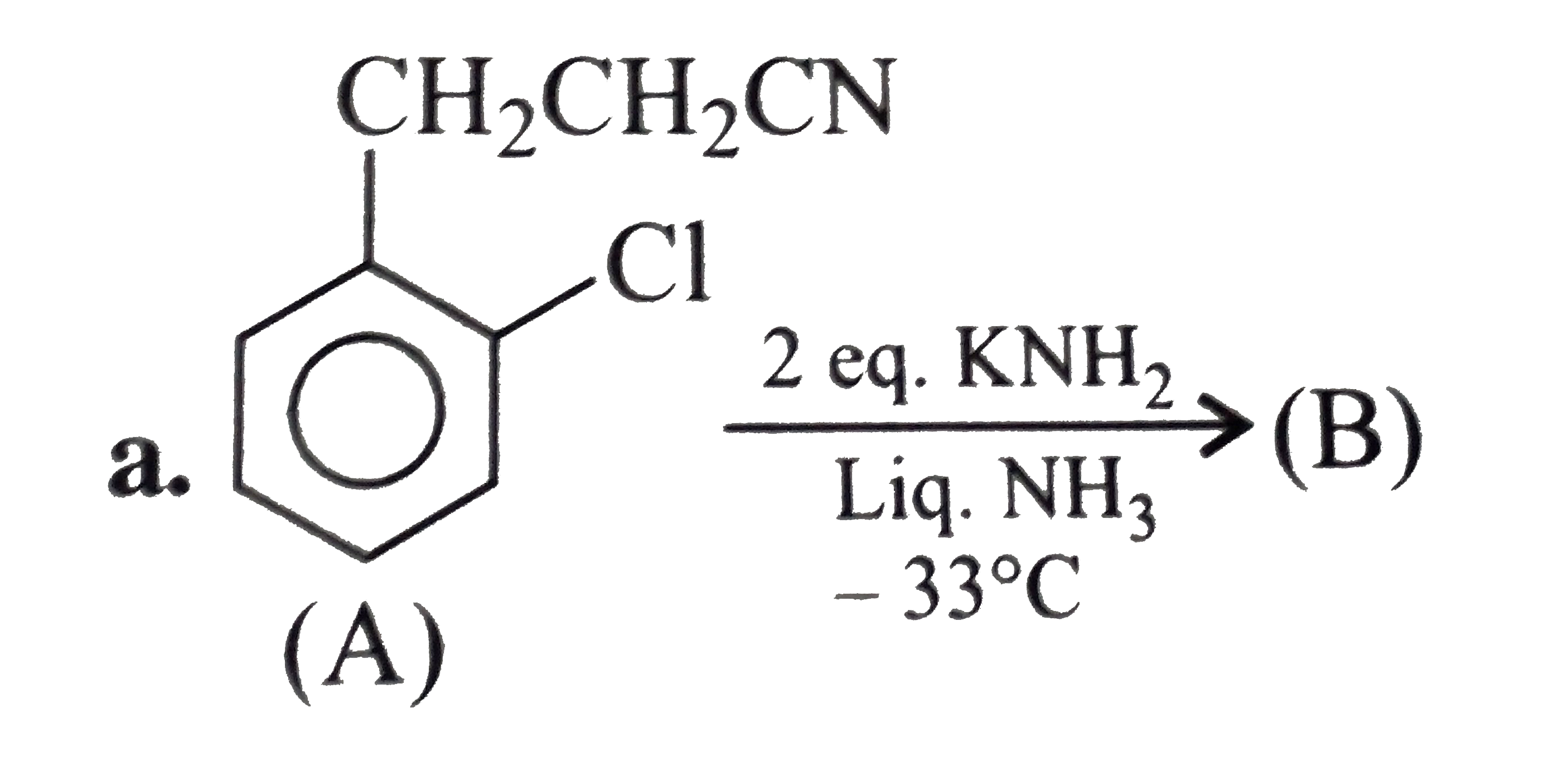
b.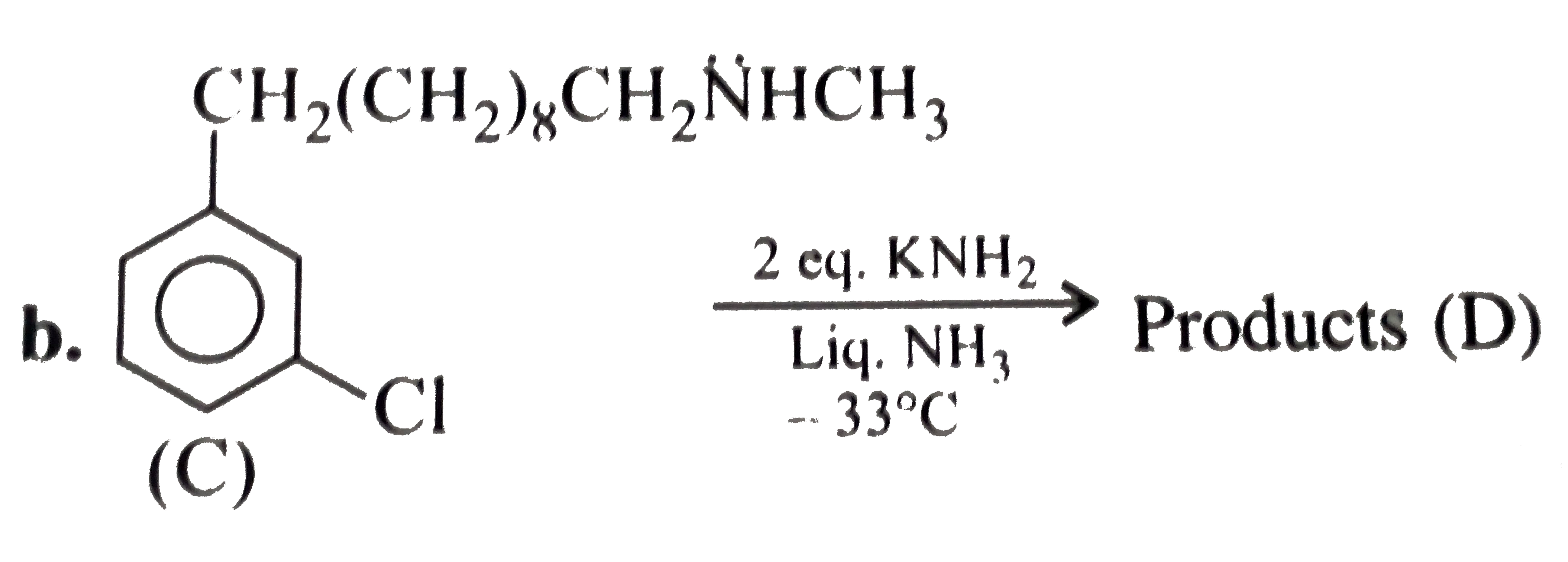
The formation of (D) form (C ) proceeds via the formation of which of the following intermediate species ?
View SolutionWhich of the following intermediate is formed in Reimer-Teimann reaction ?
View Solution
